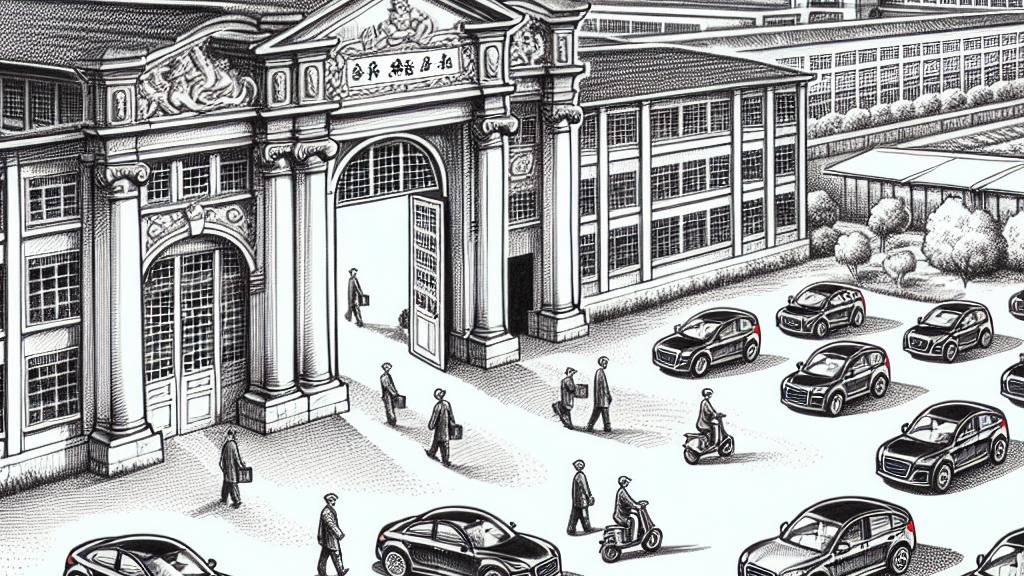Volkswagen's Historical Shift: Could German Factories Face the Axe?
Overview
- Volkswagen is exploring its first-ever factory closures in Germany, marking a historic shift.
- Intense competition from Chinese EV makers, particularly BYD, is a major factor driving this decision.
- Volkswagen's CEO stresses the urgent need for strategic changes to address severe economic conditions in the European automotive industry.

The Context of Volkswagen's Challenges
In a groundbreaking development for the automotive industry, Volkswagen (VW) is contemplating the closure of several factories in Germany, a decision that would be unprecedented in the company’s 87-year history. This consideration arises from mounting pressure resulting from fierce competition, particularly from Chinese electric vehicle (EV) manufacturers like BYD, which has been rapidly expanding its market presence and siphoning off market share from established automakers. The decline in VW's sales figures in China—down by 7% compared to last year—highlights the urgency for traditional manufacturers to reevaluate their operational strategies and adapt to modern consumer preferences that favor innovative and sustainable vehicle options. This strategic pivot is not merely about maintaining market position, but also about survival in an increasingly competitive landscape characterized by rapid technological advancement and shifting consumer priorities.
Implications for Employees and Stakeholders
The potential closures of VW's German factories pose serious implications for the company’s nearly 295,000 employees, triggering widespread concern and resistance from labor unions. IG Metall, Germany's influential labor union, has strongly criticized the plans, arguing that the company's current struggles stem largely from management missteps rather than external market dynamics. The union is determined to protect worker rights and has pledged to fight against any strategies that threaten job security or undermine established labor agreements. This complex situation underscores the broader societal responsibilities that companies have, not just towards profitability, but also towards the welfare of their employees and the local economies that depend on these jobs. As VW navigates this turbulent period, it must carefully balance its corporate restructuring efforts with its commitments to workers and their communities, addressing fears associated with unemployment and economic instability.
Volkswagen's Strategic Revisions and Future Outlook
In response to the mounting pressures, CEO Oliver Blume has emphasized the critical need for Volkswagen to embark on a comprehensive strategy of cost reductions and operational efficiencies. This strategic reevaluation involves not only the possible closures of factories but also a thorough analysis of supply chain efficiency, workforce allocations, and overall business sustainability. As the global automotive industry shifts towards stricter emissions regulations and a mandatory transition to electric mobility, Volkswagen faces an imperative to innovate and remain relevant. The company's future will hinge on its ability to adapt its core operations while ensuring that its commitment to employees and local communities remains steadfast. By negotiating with labor unions to secure flexibility in workforce management and potentially modernizing its factories, VW aims to emerge stronger and more competitive in a fast-evolving market landscape. The decisions made in the upcoming months will be pivotal in positioning VW as a resilient leader in the automotive sector, capable of thriving amid technological disruptions and shifting consumer behaviors.

Loading...